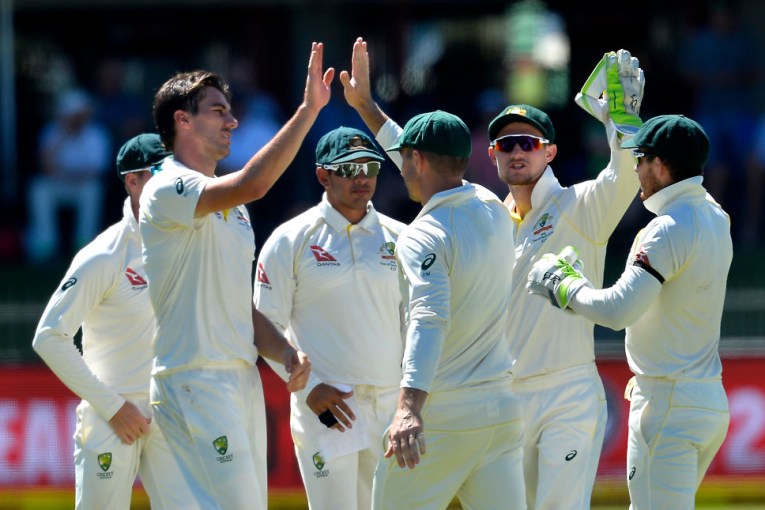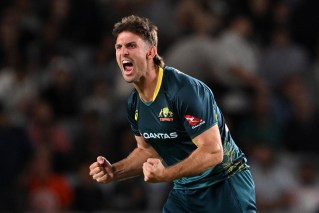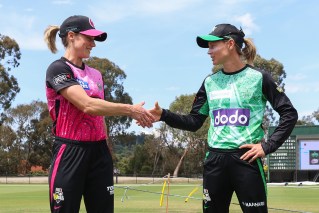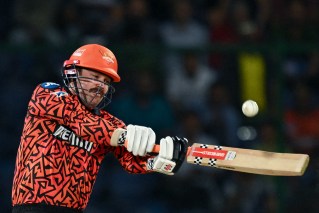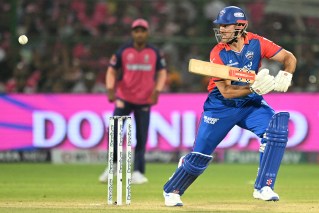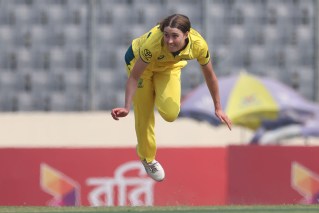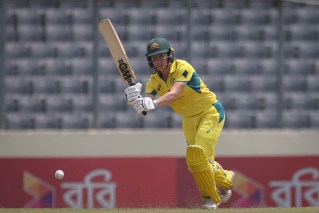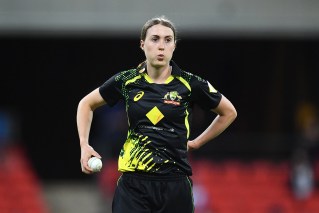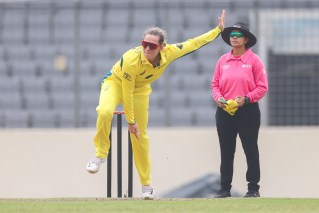Why Richie Benaud was one of the greats

Richie Benaud may well have been the most influential cricketer of the last 60 years. Not just in Australia, but world wide.
Personally, he was approachable and friendly.
His advice was considered and sage, but whether he was talking life or legbreaks, he always made sure that each person arrived at their own way forward.
I was lucky to spend most of my adult life living a few streets away from the Benauds and they were always welcoming and generous.
The sight of the pale blue 1963 Sunbeam Alpine making the climb up Beach Street packed with groceries with Richie in the pilot’s seat is a fond and endearing memory of a public figure who had a normal life.
• Richie Benaud’s greatest moments on and off the field
• In pictures: vintage Richie Benaud at his very best
• Cricket legend Richie Benaud dies, aged 84
He was born on October 6, 1930, in Penrith – which has now become part of western Sydney. He died on April 10, 2015 as a resident of Coogee in the eastern suburbs of the same city.

A 31-year-old Richie Benaud in 1961. Photo: Getty
His team mates most often referred to him as “Benords”, ignoring – in typical Aussie style – his noble Huguenot ancestors and French pronunciation.
One of two sons (his brother John also played Test cricket) of school teacher Lou Benaud, who was a successful cricketer and captain of the first grade district team then known as Central Cumberland, Richie came from a cricketing family.
Nobody that I know has ever referred to him as “Richard”. It would not have suited. He was universally “Richie”.
If the pinnacle of flattery is imitation, then, besides the 12th Man’s platinum parody, his fame was wide and deep.
Richie impersonators at international cricket venues the world over became the norm. Hundreds of Richies complete with grey wigs, bone jackets, mauve ties and microphones would congregate together in tribute at the SCG or Lords.
That young people of the 21st Century could relate to a man born in the depression who had not appeared on the national playing fields since 1964 says much of the influence of cricket on the national psyche and Richie’s individual charisma behind a microphone.
His broadcasting career began in England in 1956 for the BBC in radio and then later in television before Channel Nine in Australia made use of his presenting skills as their anchor during and after Kerry Packer’s World Series Cricket.
His viyella cricket shirt would be unbuttoned down to the vicinity of the navel, his collar often turned up and Brylcream slicked the hair
His role in the initiation and production of a cricket revolution was key to the success of a movement that changed the game forever.

Richie delivers a leg break in 1958. Photo: Getty
He bowled leg breaks with guile and thought. He appealed vociferously and was known to have a chat with opponents, something we now know as sledging.
His viyella cricket shirt would be unbuttoned down to the vicinity of the navel, his collar often turned up and Brylcream slicked the hair.
He was not a dour martinet following the brief of the tradition-bound Australian Cricket Board.
In his early years his batting kept him in the state and Test teams as selectors gambled on his all round worth much as they did 35 years later with Steve Waugh.
His aggressive run making became indispensable and his catching in the gully and slip cordon incomparable. He was an outstanding all round cricketer by any measure.
He was an attacking cricketer in thought and action and he lead his state and nation with the idea that winning was a worthy goal but entertaining the public much more important.
That aggressive attitude turned the fate of poor Australian teams in the late 1950s into very successful ones.
The 1960-61 home West Indies series is considered a watershed moment in the evolution of Test cricket when Benaud and Frank Worrell gave the crowds tension and excitement at the same time.
It could be argued that his greatest legacy as a player is that double-headed mantra of aggression and entertainment which Australian teams to this day subscribe.
As a player, he had a full time job as a journalist which began with the police rounds and evolved into sports reporting.
His background as a writer had a profound effect on his methods behind the microphone.
Television commentary was about “adding your expertise to the pictures” not drowning the viewers with verbosity. His ability to understate the obvious became his trademark almost as much as the viewers hoping the batsmen will both be on 22 when the score is 2-222.
He will be missed, but his time on earth was simply marvellous.
* Geoff Lawson is a former Test cricketer, international coach and member of the ABC’s cricket commentary team.
